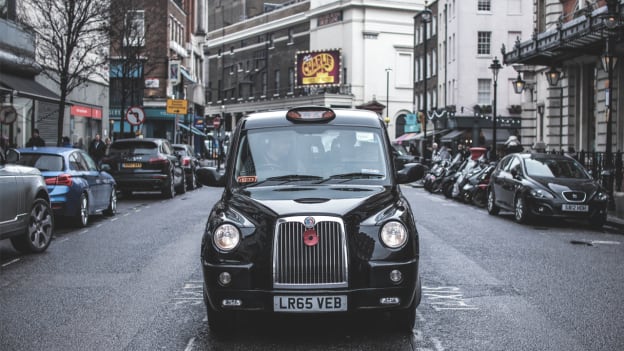Ola gets 10,000 drivers in London

More than 10,000 drivers have registered on India-born ride-hailing platform Ola, from London which is about three weeks after the company announced plans to begin operations in the city.
As Ola plans to launch in London, its rival, Uber, had its commercial license being revoked by Transport for London (TfL) last month. The authorities found out that about 14,000 trips were made by drivers with fake IDs on Uber’s platform.
Earlier in 2019, Ola received an operating license from TfL. The ride-hailing app plans to not charge a commission for the first two months from drivers in London in order to allow the drivers to retain 100 percent of their earnings. At the end of the two months, Ola will offer the best revenue share for drivers. The driver-focused approach that the company has decided to follow includes letting drivers keep a higher share of their earnings.
According to media reports, Ola has announced that the drivers have signed up to drive for Ola via both online and offline methods and fulfilled the stipulated checks such as document verification, completing mandatory training courses conducted by Ola, so that the drivers are equipped to begin working as soon as the platform launches in the city.
The Bengaluru-based company made its entrance into the UK by starting out in Cardiff in August 2018. Now, it has expanded to 27 local authorities and has seen a double-digit growth in the number of rides in Birmingham, Conventry, and Warwick in the last quarter. Drivers on the platform are PHV license holders and are authorized by TfL to drive consumers as well. Drivers go through a higher level of criminal record check.

















